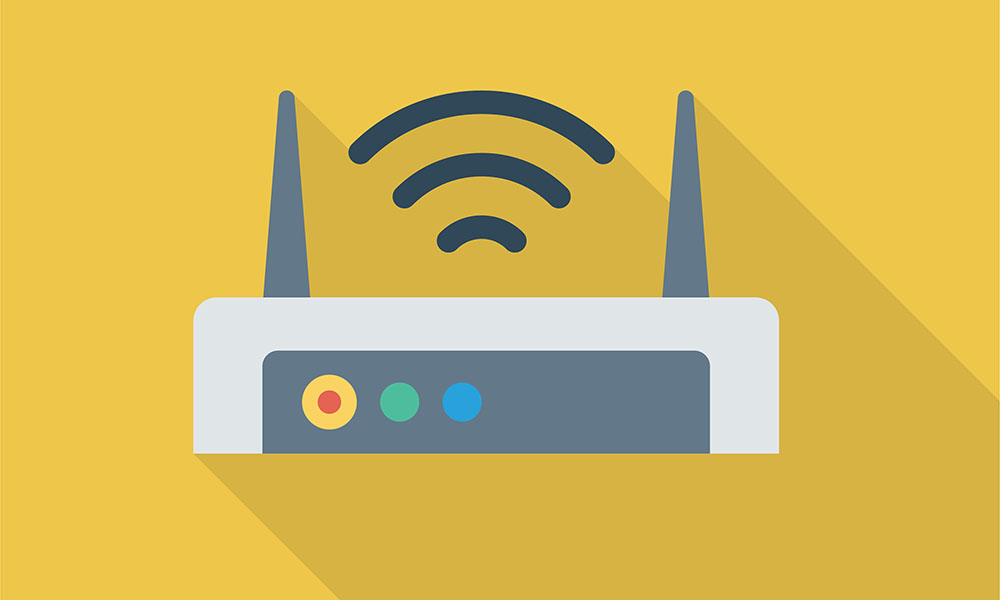You don’t need to have been in the Scouts to grasp the importance of living by the motto “be prepared”. In many cases, we incorporate the concept of preparation into our lives without thinking about it, such as preparing for power outages in the cold weather.
The internet, however, can go down at any time of year – and businesses in particular need to be prepared for that.
If you’re an online retailer or rely heavily on cloud services for your day-to-day work then you probably already appreciate that a good internet connection is vital. If, however, your work mainly takes place offline, then you may think that, if need be, you could live without internet for a while (at least the length of a short outage) or get around it with mobile data and public WiFi.
However, while you may well be right, we’d still advise you think carefully about it because the cost of organising a back-up internet connection may still be a whole lot less hassle than the possibility of losing internet right when you do really need it. (Research shows that an outage can cost a small business, on average, around £1287.)
Counting the cost of internet outages
It’s hard to give general guidelines for how much an internet outage could cost your business, since so much will depend on individual factors. But, as a point of comparison, think back to the 2012 RBS banking “glitch” that infuriated some 6.5 million customers and had a knock-on effect on many businesses, leaving them unable to pay or be paid (or, in some unhappy cases, unable to do either).
The fact that RBS was subsequently hit with a £56M fine is probably little consolation to them. Now think about what could happen to your business if your only internet provider had a similar “glitch”.
Back-up your connection as well as your data
For years, IT professionals have (politely and tactfully) lectured colleagues, customers and the public at large about the importance of backing-up their data. These days, with the increasing use of cloud storage, backing up the data itself is vital, as is ensuring that you can always access it. For most businesses, there are two parts to this:
- Make sure your main connection is robust enough for your needs and is set up, secured and maintained properly. Not to put too fine a point on it, you can’t blame your internet provider for failings at your end. Is your router properly configured, for instance? Because we find that many are not. If you try to save money by opting for a residential connection rather than a business one, you only have yourself to blame if you find you lack bandwidth and/or are lower down the list of priorities when it comes to restoring service. Likewise, it’s your job to ensure that you have adequate (and up-to-date) security software.
- Invest in a secondary connection from a different provider. These days you can get a decent internet connection for a monthly fee equivalent to a weekly cup of fancy coffee from a well known chain. Even for the smallest businesses, this should be a manageable amount and really should be looked on as a very affordable insurance policy.


